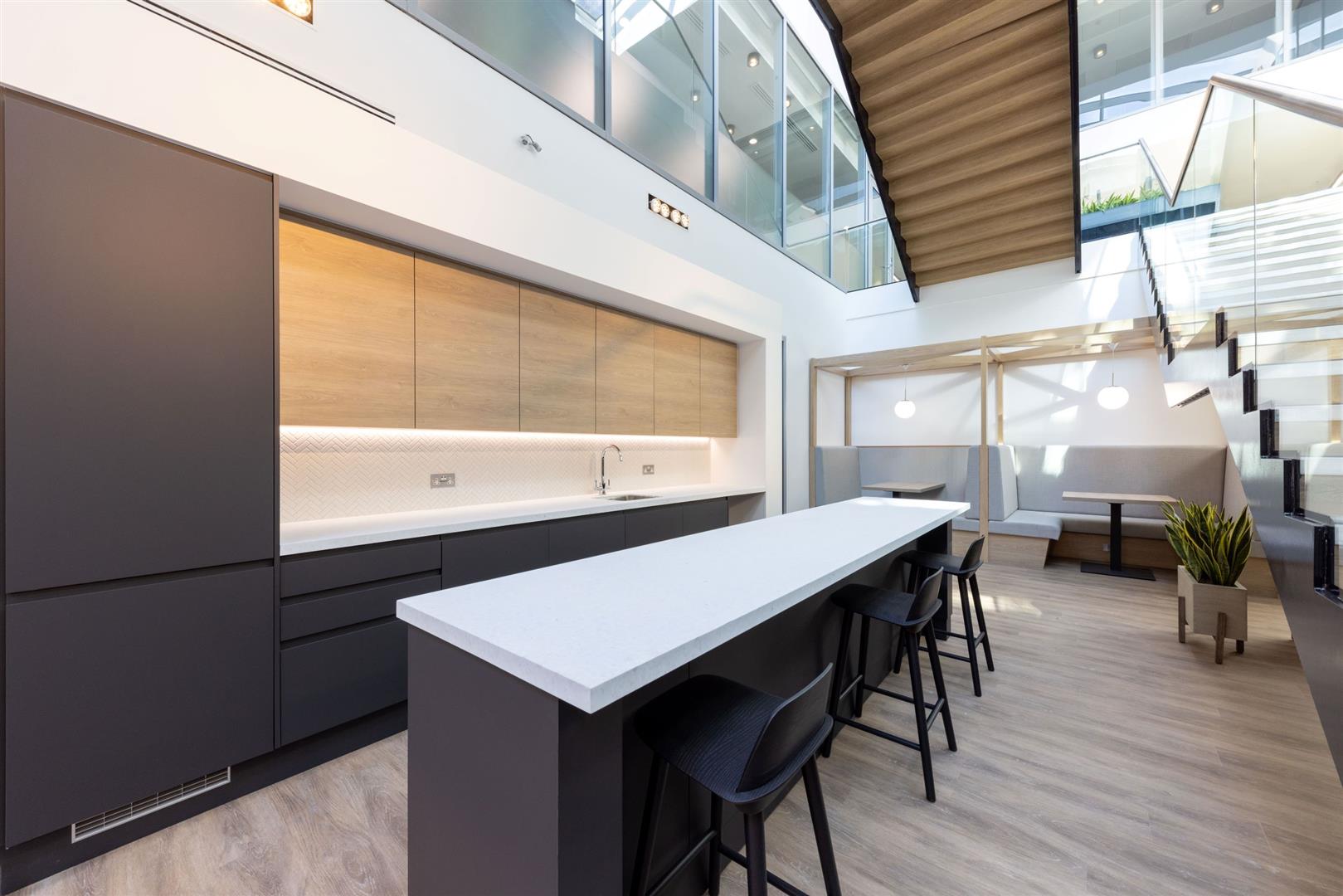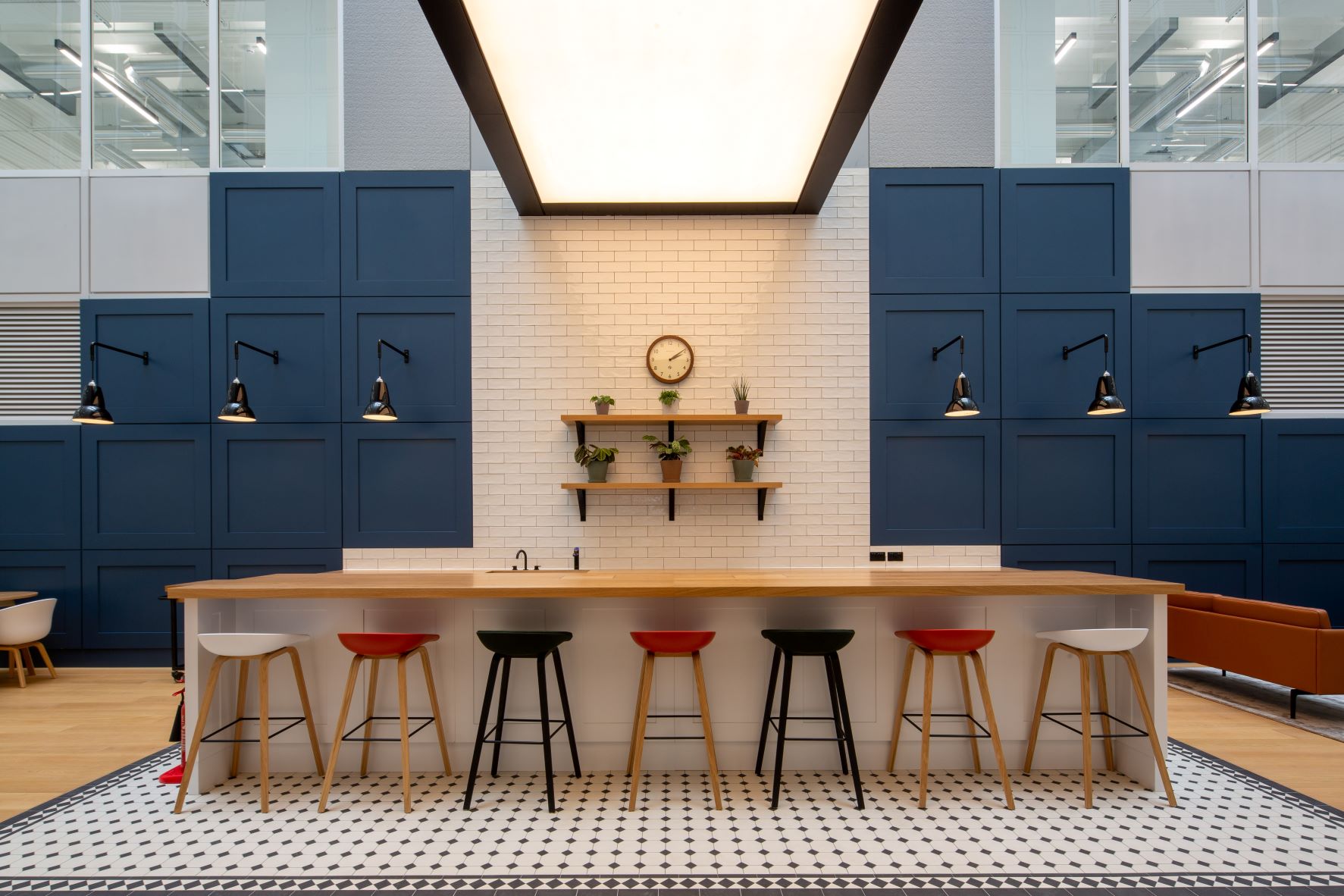Office & Industrial review 2023
Industrial review 2023
Industrial take-up in 2023 in the M1 Corridor / NW M25 region shows lower than average figures primarily due to a lack of vacant units in the midbox and 100,000 Sq.ft size brackets. Risk management was key, resulting in a reduced level of new space as global economic indicators worried developers, build costs escalated, interest rates rose month on month, and rental growth slowed, perhaps back to normal levels.
Generally, the year can be characterised by enhanced asset management with investors seeking to capture rental growth at rent review, renew or regear leases and implement estate improvements. Rents on review have generally increased 30% -70% on average. Whilst a wide range, degree of increase very much dependent on specific location, age, specification, loading and access characteristics.
Refurbishment works have driven rents for second-hand stock. Investors are targeting EPC B+ by including many ESG measures. Occupiers have appreciated the quality and cost saving measures. Although retro-fitting PV on small multi-let schemes is proving a challenge too far as estates are part occupied and the age and condition of a roof are key considerations.
Despite the uncertainty throughout the year, demand for product has remained stable. Footloose occupiers have continued to be drawn to locations outside the M25 as value for money can be demonstrated for good quality in locations accessible to the national motorway network and greater London markets.
Highlights include:
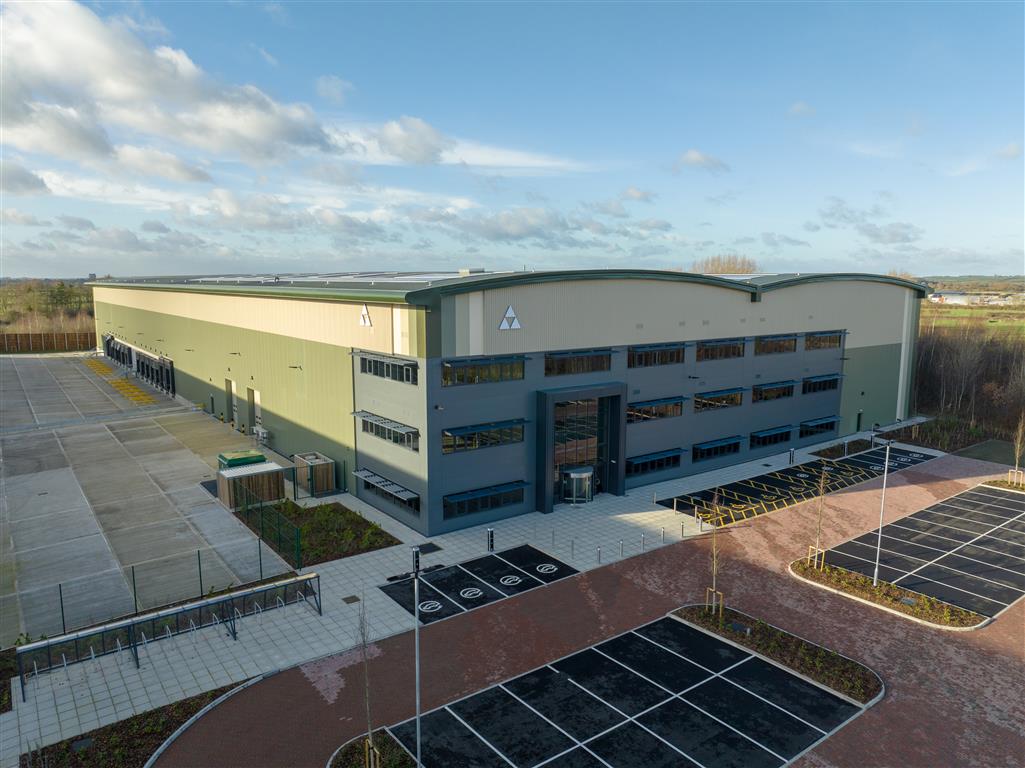
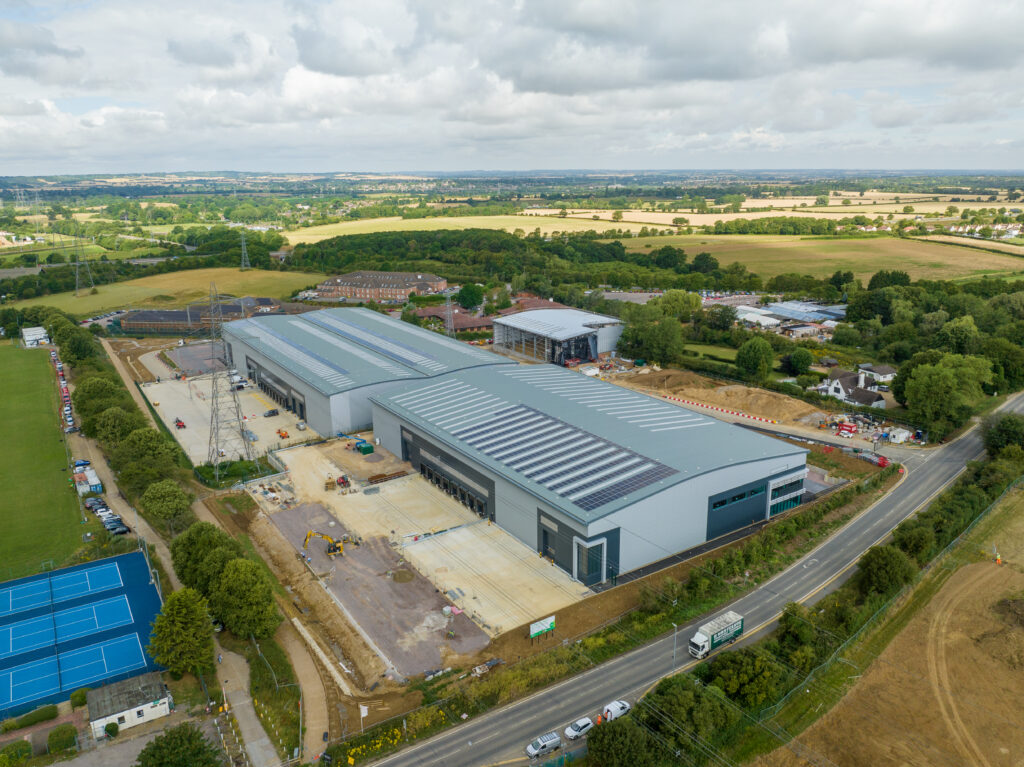
The industrial sector continues to learn from trends in the office sector which has seen the high standard “urban chic” look and feel become common place. In a post Covid marketplace employers are increasingly mindful of good working conditions, especially an environment that provides a home from home.
Goya has employed this specification trend at Crest Distribution Park, High Wycombe and is benefiting from excellent take up.
Its little wonder that quality is leading the way in 2024

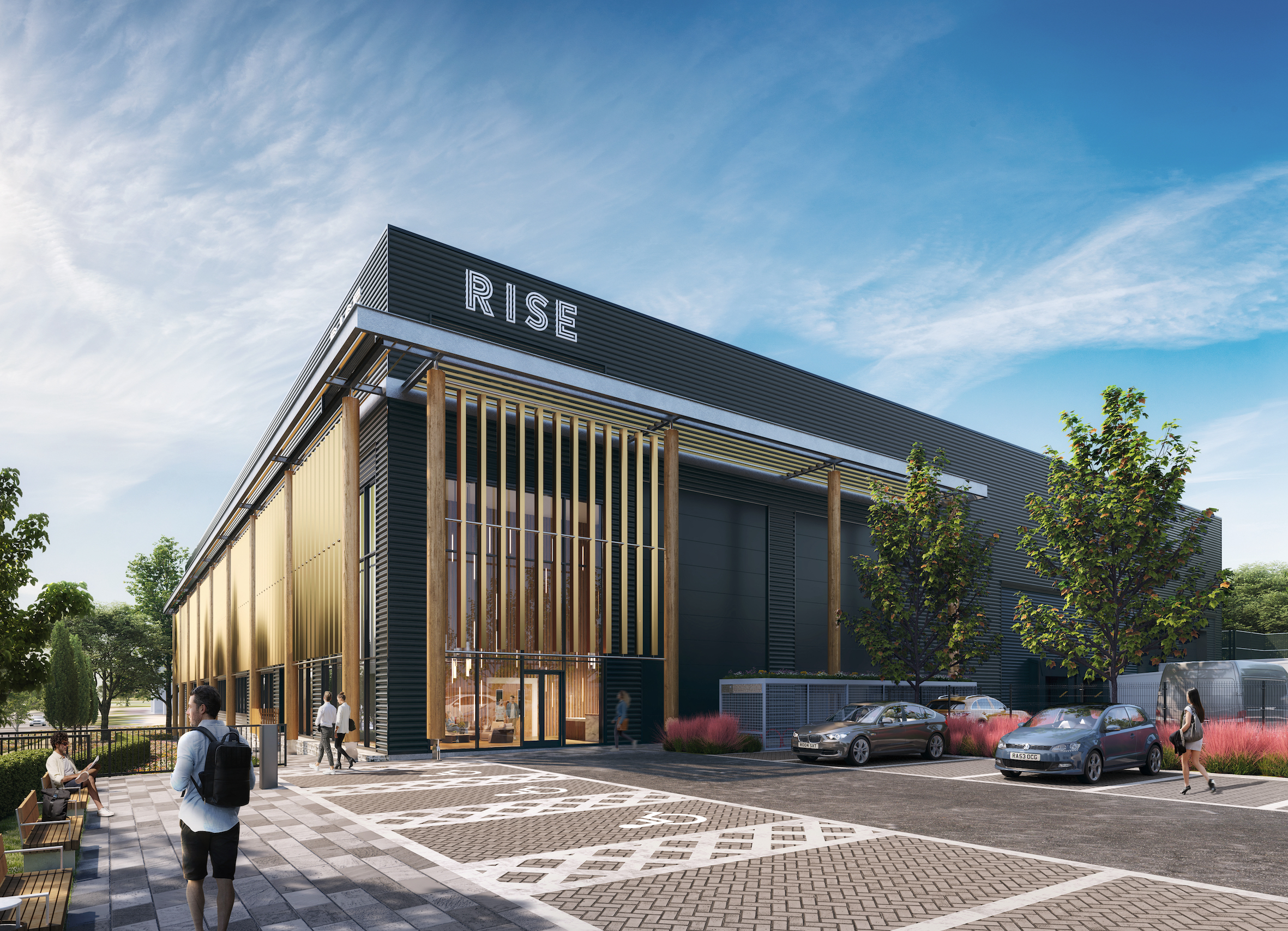
Office review 2023
Despite COVID no longer making the headlines, it continues to have a profound effect on the office letting market with many companies still not having truly assessed their space needs going forward, something that looks likely to evolve for some time to come. Kneejerk predictions of the death of the office were certainly very wide off the mark, with firms in the main now accepting that a business cannot run wholly remotely with many being keen to persuade staff to return to the office, if not for a full week, then ideally for part. Collaboration on a Teams call is rarely as productive and beneficial as an in-person meeting, and one cannot effectively nurture and encourage new talent remotely.
Arguably, the novelty of working from home full-time is also beginning to wear off, perhaps more so for younger staff members who rarely have the luxury of a home office that more senior colleagues are likely to have, possibly just a single room to live, work and sleep in. The needs and aspirations of each are clearly quite different, so a compromise position has to be reached. According to an Employment Hero survey, about a third of small businesses express reluctance towards hiring candidates seeking remote work.
”Hybrid models, which combine in-office and remote work, are becoming increasingly popular to balance the advantages of both.”
It’s important to note that the benefits of working in an office may not apply universally. The rise of remote work has shown that many jobs can be performed effectively from home, and for some individuals, remote work offers advantages such as flexibility, reduced commute times, and a more comfortable work environment. The optimal work arrangement often depends on the nature of the job and individual preferences. Hybrid models, which combine in-office and remote work, are becoming increasingly popular to balance the advantages of both. However, some CEOs, as per a KPMG survey, expect a full-time office return, creating a clash with workers’ preferences. This dichotomy impacts company culture, with positive cultures linked to employee satisfaction and productivity.
With the need to create an engaging and appealing environment in which to work, there has been a clear trend towards companies taking best in class space, particularly corporates, for whom a property cost may be less of a bottom-line expense than for a small business with an eye focused on containing costs.
Comfortable breakout areas, collaborative spaces, possibly fitness facilities, showers for runners and cyclists and green spaces, all now feature on many tenants’ wish lists. This is evident in the market as the proportion of Grade A (new or refurbished) space taken continues to rise against secondary stock as occupiers increasingly favour space that is easily accessible, rich in amenity, healthy and sustainable.
Trends in the office market
- Creating Engaging Workspaces
Companies prioritise best-in-class office spaces with comfort, breakout areas, collaborative spaces, fitness facilities, showers, and green spaces.
- Hybrid Working Challenges
While hybrid working is widely accepted, challenges persist in forming bonds within teams, emphasising the need for more opportunities for team bonding. Sage has 13,000 employees and one of their guiding principles regarding they hybrid model is: ‘Flexible working is not a reward but rooted in the trust of employees, and trade-offs require everyone to compromise and be accountable.’
- Culture and Wellbeing
Mental health and culture are very much now priorities for employers to support and develop. The importance of ensuring employees are happy, can talk freely, are concerns addressed.
As businesses navigate the decision to embrace remote work or maintain a traditional in-office model, finding a balance that accommodates diverse workforce needs is crucial. The future of work is likely to involve a hybrid model, where in-person collaboration coexists with remote flexibility, and navigating the hybrid work landscape demands a strategic approach to maintain a positive company culture.
”‘ Flexible working is not a reward but rooted in the trust of employees, and trade-offs require everyone to compromise and be accountable.’”
Engaging and Grade A Workspaces
Contact the Office & Industrial team
